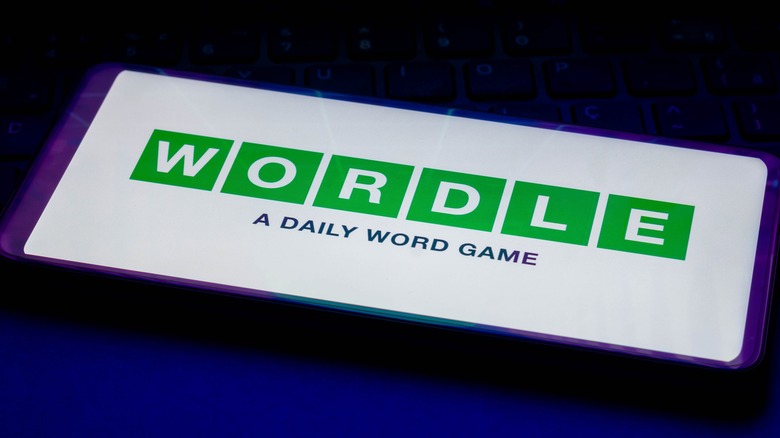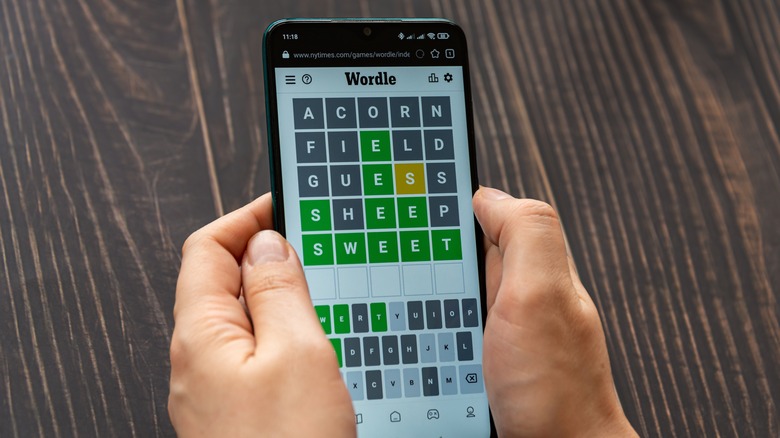Today's Wordle Answer #371 - June 25, 2022 Word Solution And Hints
Wordle #371 throws a geometric volley at users. It is used to describe the shape of objects that have a spherical profile. However, it is mostly used for objects that are small in size, say, a water drop, or a pearl, or the units of a rosary. You can't use it to describe large objects like planets or other cosmic behemoths, given the root word and its origins.
The solution to Wordle's latest quiz has two vowels, an "e" and "a," and a semi-vowel at the end. It's easy to figure out what the ending letter is. Here's another hint. The root word is the shape of a bubble. The word, when used in conjunction with eyes, can also be used to describe a situation where you are paying close attention to what's happening around you. However, there is also a sinister side to it as well.
Giving someone an eye of that kind means that the individual harbors greed and there is some vested interest at play here. Let's just say it can be a substitute for "his/her eyes lit up," but instead of positive excitement, there's some villainous aura to that enthusiasm. Imagine Thanos looking at the Infinity Stones, or a titan eyeing Zeus' thunderbolt. Or just a very hungry man unable to take his eyes off the fries in a friend's plate.
Of geometrical shapes and human character
The answer to today's Wordle is "beady." The word "beady" finds its origins in the 14th-century word "bede" which means "prayer bead," and in turn is related to the word "gebed" from Old English which signifies prayer. It also traces its roots to the Proto-Germanic word "bidam," the Dutch word "bede" and the Gothic term "bida" which is used to describe prayer or request. In a nutshell, its roots are thematically fitting to what the word means today in modern English vocabulary.
The shift in meaning over the centuries happened with the usage of rosary beads seen in the hands of priests and other religious figures since they were essentially rounded pearls made out of marbles, wood, or other mineral resources. Another possible origin is the Gothic term "bidjan" which means asking for something or praying. Over time, beady transcended its religious roots and came to describe small objects with a spherical profile.
Beady is also a surname of families that are said to have originated in Northumberland, which is the modern geographical equivalent of England's northern areas. The name Beatty is also said to be a modified version of Beady, which came to be used following the migration of members in the late 17th century. You can find more details about the census records and rough hierarchical history of the Beady line on the Ancestry database.

